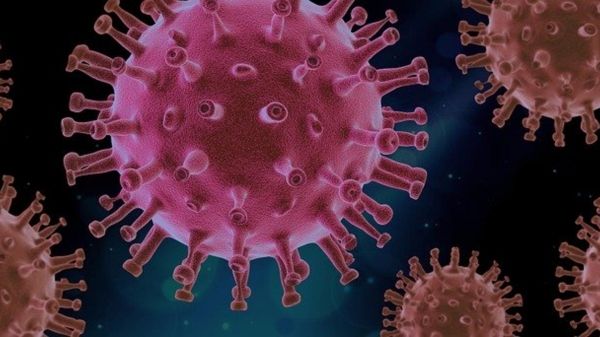Researchers at the University of Waterloo are developing a DNA-based vaccine that can be delivered through a nasal spray.
Researchers at the University of Waterloo are developing a DNA-based vaccine that can be delivered through a nasal spray.
The vaccine will work by using engineered bacteriophage, a process that will allow the vaccine to stimulate an immune response in the nasal cavity and target tissues in the lower respiratory tract.
“When complete, our DNA-based vaccine will be administered non-invasively as a nasal spray that delivers nanomedicine engineered to immunize and decrease COVID-19 infections,” explains Roderick Slavcev, a professor in the School of Pharmacy who specializes in designing vaccines, pharmaceuticals and gene-therapy treatments. “This research combines the expertise of many and leverages existing technology developed by my team, which we’re reconfiguring for a COVID-19 application.”
When completed, the researchers aim to have the DNA-based vaccine enter cells in targeted tissues and cause them to produce a virus-like particle (VLP) that will stimulate an immune response in people.
The VLP will look similar to the structure of SARS-CoV-2 (the virus which causes COVID-19), but is harmless. This similarity will activate the body’s natural immune response to protect against viral infections comparable to the VLP, including SARS-CoV-2. It will also bind to receptors that SARS-CoV-2 would bind to, limiting the possible sites for transmission. By causing these changes in the body, the vaccine will build immunity against COVID-19 and decrease the severity of infections in progress – serving as both a therapeutic and a vaccine.
Read more at the University of Waterloo
Image Credit: University of Waterloo




